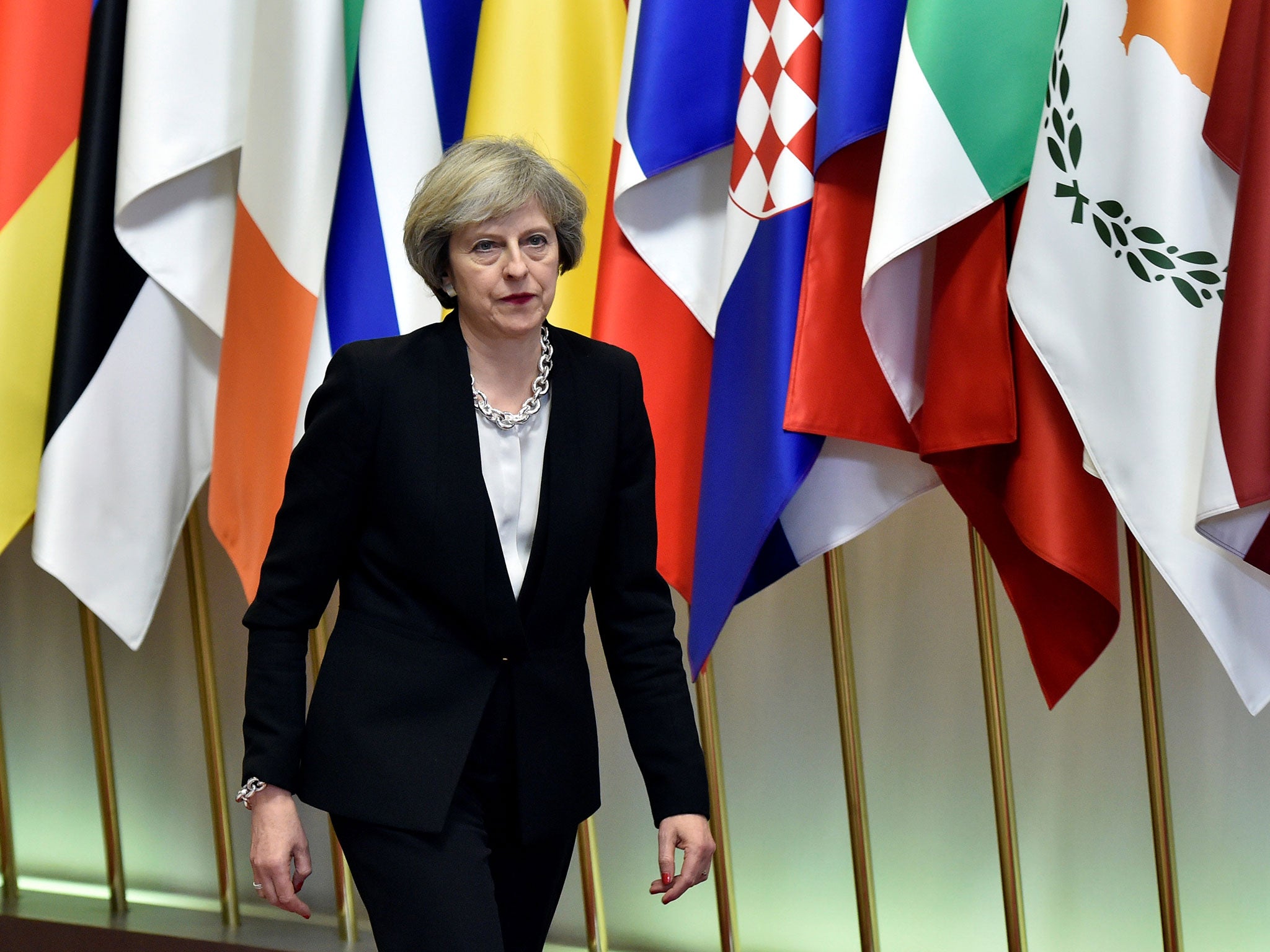If Theresa May wants to avoid a disastrous legacy, she needs to get rid of our ridiculously generous pensions policy
The cost of pensions is an estimated £4.5bn higher than if they had been linked to earnings


Before the EU referendum consumed his government (and him), David Cameron was considering a cross-party commission as a way of solving the looming financial crisis in health and social care. The issue was on his post-referendum “legacy list”. His “to do” box included a paper proposing a consensual approach written by three former health ministers – the Conservative Stephen Dorrell, Labour’s Alan Milburn and Norman Lamb from the Liberal Democrats.
However, Whitehall insiders tell me that Mr Cameron was wary of such an all-party approach. He suspected Labour would not stick to any deal. He could hardly blame it: when Labour’s Andy Burnham proposed a similar move ahead of the 2010 general election, the Tories ruthlessly exploited it. Mr Burnham’s sensible plan for a levy on people’s estates when they die was branded a “death tax” by the Tories. “Now Gordon [Brown] wants £20,000 when you die,” the Tories screamed.
For too long, social care has been in the “too difficult” box. It is blindingly obvious that Mr Burnham was right to propose a fully integrated “national health and care service”. The absence of one is now causing a wholly predictable crisis in hospitals, with bed-blocking at record levels. It is a slow motion car crash that politicians could have stopped.
Care is funded mainly by local authorities, whose budgets have been cut by much more than any Whitehall department. Despite that, the Government this week resorted to an old trick by blaming councils for the differing performance around the country. It also allowed them to bring forward council tax rises from future years to fund social care – a tiny piece of sticking plaster that ministers know will not solve the financial crisis. The move is unfair: the wealthiest areas will be able to raise three times as much as the poorest. The £900m emergency injection for England, spread over the next two years, will not plug a social care funding gap estimated at £1.9bn next year, the worst crisis in its history.
This is a familiar cynical game in which central government hopes that local authorities get the blame for higher council tax bills. Philip Hammond, the Chancellor, wanted to announce the extra social care money in last month’s Autumn Statement but was blocked by Downing Street, which was worried that it would produce headlines about a tax rise for the “just about managing” families Theresa May champions.
What Ms May and Mr Hammond should have done was to end the “triple lock” under which the state pension rises by earnings, inflation or 2.5 per cent, whichever is highest. It is no longer needed, with pensioner poverty largely eradicated, or affordable. The cost of pensions is an estimated £4.5bn higher than if they had been linked to earnings. The savings from scrapping the “triple lock” should be switched to social care. It would not be robbing Peter to pay Paul, as the Government is doing by transferring some NHS cash to care; it would be robbing one Peter to pay another Peter to ensure he enjoys support in old age.
Ministers argue that they cannot breach the Tories’ 2015 election manifesto pledge to keep the “triple lock” (and hint that it will be dropped at the next election). But this doesn’t wash: they have already broken the 2015 manifesto promise of a £72,000 lifetime cap on what people pay for their care – already higher than the £35,000 ceiling recommended by a commission headed by Sir Andrew Dilnot in 2011. Just weeks after the 2015 election, George Osborne delayed the £72,000 limit until 2020. With Brexit putting the public finances under even more strain, it is doubtful that the £6bn-a-year cost will ever be found.
Some ministers are urging Ms May to revive the idea of a cross-party commission to produce the long-term solution for social care she admits is needed. She should try to win support for a 1p rise in national insurance contributions to fund a national health and care service; when Brown did the same for a cash-strapped NHS in 2002, it was popular.
Ms May’s instincts are that money is not the answer. She believes it is possible to do “more with less” after cutting the police budget as Home Secretary and seeing crime fall, although that was in line with international trends.
The Prime Minister is not by nature a consensual politician. But social care requires such an approach, and it would show strong not weak leadership. A landmark reform of health and care, with financial incentives to keep people out of hospital, would save money in the long run and provide a much better service for people who deserve dignity in their final years.
It might even ensure that, as Ms May wishes, her Government is not defined solely by Brexit. And that it is not defined by a health and social care crisis.

Join our commenting forum
Join thought-provoking conversations, follow other Independent readers and see their replies